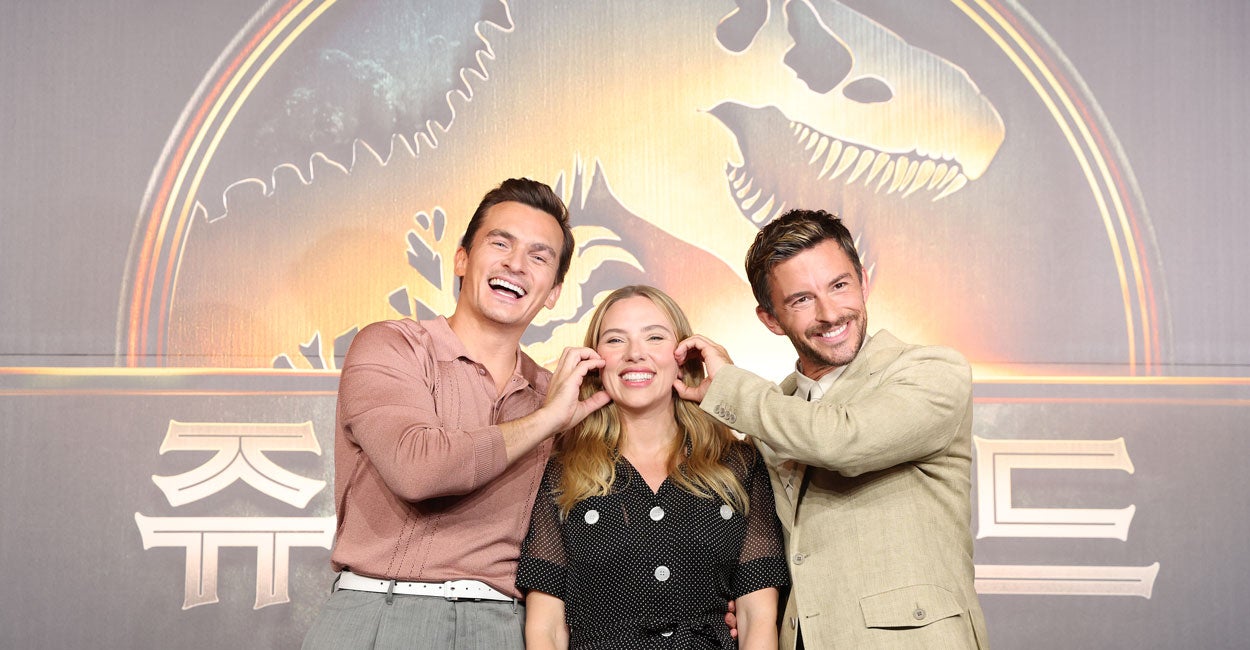


Culture wars in America leave less casualties than real wars, but still, they don’t make much room for neutrals. Even Americans that would rather go to Walmart than wind up in a debate over what pronouns they want can’t escape the cultural crossfire.
Here is why: Everyone wants our attention. Popular culture is not only “popular,” it’s big business—impacting every consumer choice from what to buy on Shopify, download on Spotify, obsess with on Instagram, and get delivered from DoorDash. In the scramble for eyeballs and dollars, popular culture is often a follower not a leader. Contrary to common knowledge, popular culture more reinforces consumer tastes than dictates them.
There is a simple reason for that. People that want to make money are eager to sell what people want to buy. That is what makes culture wars the dreaded no man’s land of consumerism. Everyone from hometown shops to Hollywood is uncertain what to sell. What’s in, what’s out—when half the country is craving this, but the other half is craving that?
In these tumultuous times the answer is often to give audiences and consumers a bit of both—until the majority of Americans decides what it really wants. As a result, consumers in these tumbledown days often find themselves smacked by a withering blitzkrieg of countervailing offers, enticements, advice, and entertainment, like a small child being asked if they want a hot dog or fries.
Movies are still the poster child of how to handle the culture wars. For example, over a century there have been nine film versions of “The Last of the Mohicans.” Each tampered with the plot and characters of James Fenimore Cooper’s 1826 novel, making changes that accounted for contemporary views of race, sex, and geopolitics.
In the United States, Hollywood films often stand out as waymarks in cultural transformation. In the 1940s, America shifted from a nation undecided on its role in the world to a nation deeply patriotic and committed to winning an existential world war. Signs of change were signaled in popular movies like “Sargeant York” and “Casablanca,” at the same time Hollywood was rereleasing “The Lost Horizon,” an idealistic anti-war film.
Perhaps the most iconic cinema reflecting cultural transformation was the 1970 movie “Patton,” which bridged the age of anguish over the Vietnam anti-war movement and the muscular patriotism of the Reagan era. The film was a massive hit, popular with the Left who saw the film as an anti-war allegory and the Right who cheered Gen. George Patton on while he pounded the Nazis and then voted Republican.
Today, America is at another cultural crossroads with politics pulling audiences with equal vigor to the right and the left. Predictably, the cultural products finding the most success are ones that deliver something for everyone.
Recently, “Superman” and “Jurassic World Rebirth” glided to profitability following this formula. Some critics on the right attacked Superman as woke, but the film found an audience with some of Donald Trump’s strongest demographics who found a lot in the film to like. “Jurassic World Rebirth” has brief leftist messages on climate, Big Pharma hate, and antihumanism, but is also a roller coaster of action, strong family values, and courageous, admirable characters.
The star of “Jurassic World Rebirth,” Scarlett Johansson, who just became the highest-grossing lead actor of all time, is married to the most woke entertainer on earth. Nobody cares. On film, she is this generation’s Tom Cruise, an action star without visible politics on the silver screen.
By contrast, look at the fate of Stephen Colbert’s “The Late Show.” which is headed for cancellation next May. Rather than respond to shifting audience tastes, Colbert doubled down with an intense hate-fest of Trump and Republicans night after night. Half of America refused to watch. The other half got bored. As a result, the show lost tens of millions of dollars every year.
In the end, surviving and thriving in the culture wars is about following the audience. For starters, audiences have to be entertained. “Superman” and “Jurassic World Rebirth” may not be high art, but they are entertaining summer blockbusters, not preachy political propaganda. Unlike Colbert, Greg Gutfeld’s late-night show “Gutfeld!” is wildly popular, though seriously partisan—because, unlike Colbert, it’s actually funny and entertaining.
Entertainment, however, must also be authentic. In turbulent times, audiences don’t want to be lectured and told what to think. They want content that helps them understand their times so they can decide how they feel about them and decide what is right. Perhaps that explains why Gutfeld is finding an audience and Colbert is finding the door.
Clearly, today there is a culture war to be won. If conservatives want to come out on top they need to provide quality entertainment, strong narratives, and authenticity. If they do that, not only will they find an audience, an audience will find them.
